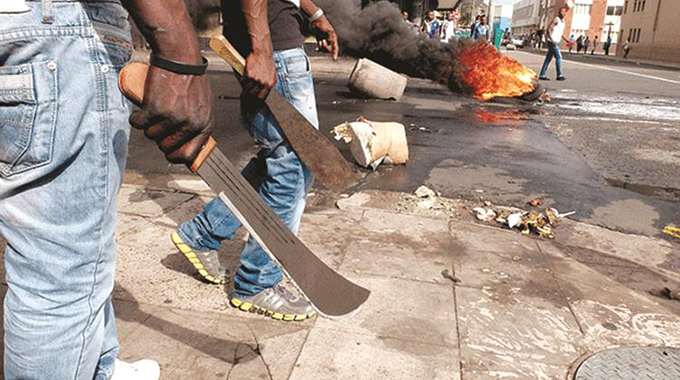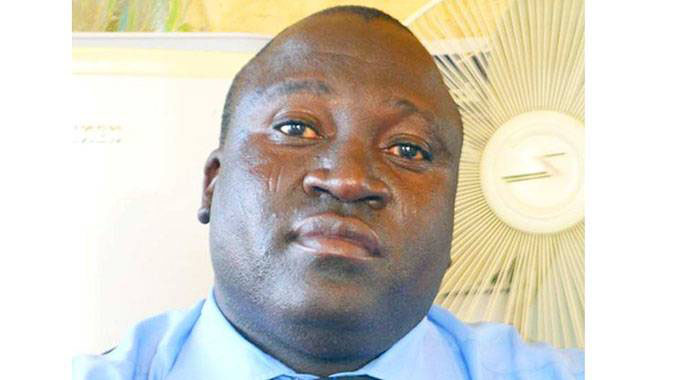Covid-19 triggers panic

YOUTHS from 16 SADC countries yesterday said they were alarmed by the current coronavirus disease-19 (Covid-19) and its impact on young people.
Their concern is premised on two points – the fact that youth constitute a large percentage of the population in the region, and that the frontline health workers and volunteers are essentially young people.
Their concern forms part of the nine-page resolutions emanating from the three-day Second SADC Youth Forum, held ahead of the summit of the Heads of State and Governments last week.
The SADC Youth Forum, held virtually, was hosted by Mozambique and ran from August 12 to 14, 2020 and the resolutions are in the form of recommendations to the regional leaders.
The resolutions released yesterday (Friday) say youths are “disturbed” by the extent of Covid-19’s impact on young people and urged more action and investment in order to protect the youths.
The youth also call for governments to unite and push for debt cancellation “across the SADC”, and to collectively take action on IMF austerity policies that prevent governments from hiring frontline workers, who are essential in fighting the Covid-19 pandemic.
In the middle of Covid-19 pandemic, governments require resources to strengthen their health systems, hire public sector workers, and provide people with economic packages. This, the youths argue, calls for debt cancellation, so that the resources are directed to productive and social services delivery.
They are also concerned about the impact Covid-19 is having on education and raised the need for member states to ensure inclusive, equitable access to education for all, while making efforts to close the digital divide.
“Member states need,” urge the youths, “to develop common standards for remote learning, more equitable and more inclusive education systems that include the needs of girls.
“SADC needs to safeguard education financing and build better, more resilient and inclusive education systems post-Covid-19 and improve the working conditions for educators, with teachers involved in plans to improve education system.”
Going forward, the youths urge increased funding in research and development for science and technology, and the need for countries to safeguard financial resources for education, increase budgets through action on fair tax and debt.
The youths want to see countries in the region changing their curricula to align them with industry expectations, while producing internationally competitive graduates, who become employment creators.
It is their view that SADC member states develop mechanism or frameworks that protect young people from cybercrimes.
Drawing attention to recent attacks and threats of xenophobia, the youths implored governments in the region to take “immediate” action to stop violent extremism, protect the rights of migrants and address the need for increased economic and social development within member states.
On Pan-Africanism and heritage, the youths say they are unapologetic about being African and expect going beyond mere acts of wearing traditional clothes. It is their belief that this must manifest itself in knowledge of and investing in the continent.
Referencing China and Russia, the youths say: “Africa must be proud of its languages and utilise its own customs; it can be global in an African way.
“Africa must embrace diversity, preserve Ubuntu, protect the rich heritage and promote unity by not paying too much attention to the borders. Africa is one and must view itself that way — in all aspects.
“We call upon western countries to honour our cultural property, by repatriating our cultural heritage/artefacts which are kept in their museums, among other places.”
Namibia and Zimbabwe are among countries that are seized with the matter of repatriating historical and cultural artefacts plundered by the West during the colonial era.
Namibia has taken delivery of some of the more than 300 skulls of the Herero, Namas, Damas and San resistance fighters that were brutally massacred by the Germans, while Zimbabwe is in the final stretch of negotiations to repatriate remains of its First Chimurenga resistance fighters from Britain.
The youths also believe that SADC member states should be open and transparent when it comes to external borrowing, and that parliaments and citizens — including young people — must have the right information to understand the intentions of borrowing by their countries and how the borrowed resources will be utilised.
“SADC member states must stop corruption and illicit financial flows because this will allow these resources to be utilised efficiently, while mechanisms for efficient utilisation of domestic resources must be put in place to avoid unnecessary borrowing,” reads the resolutions.









Comments